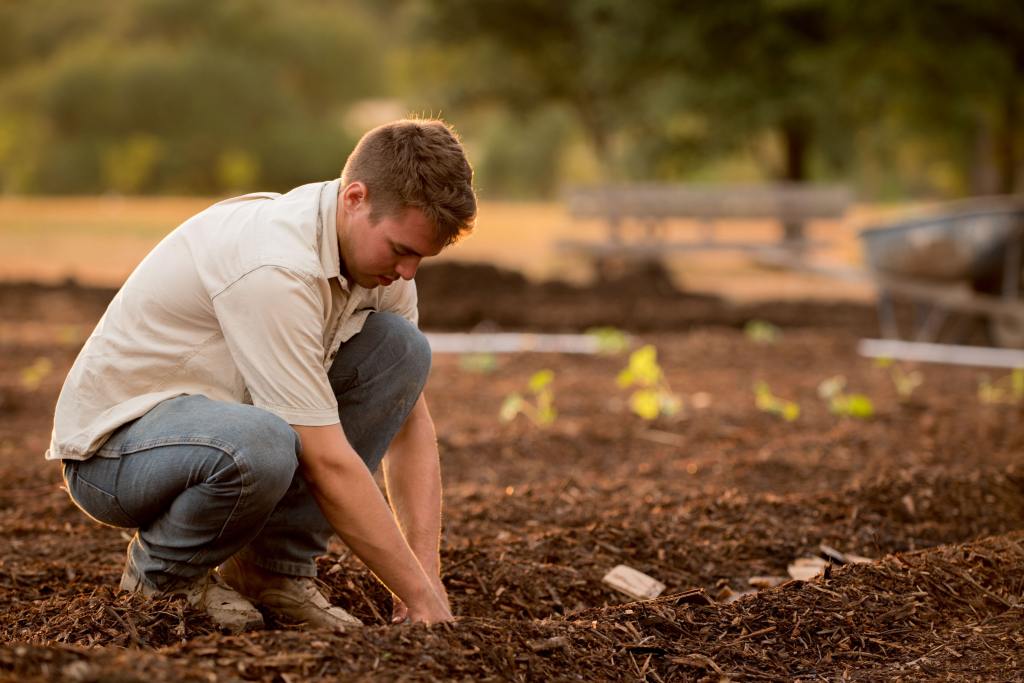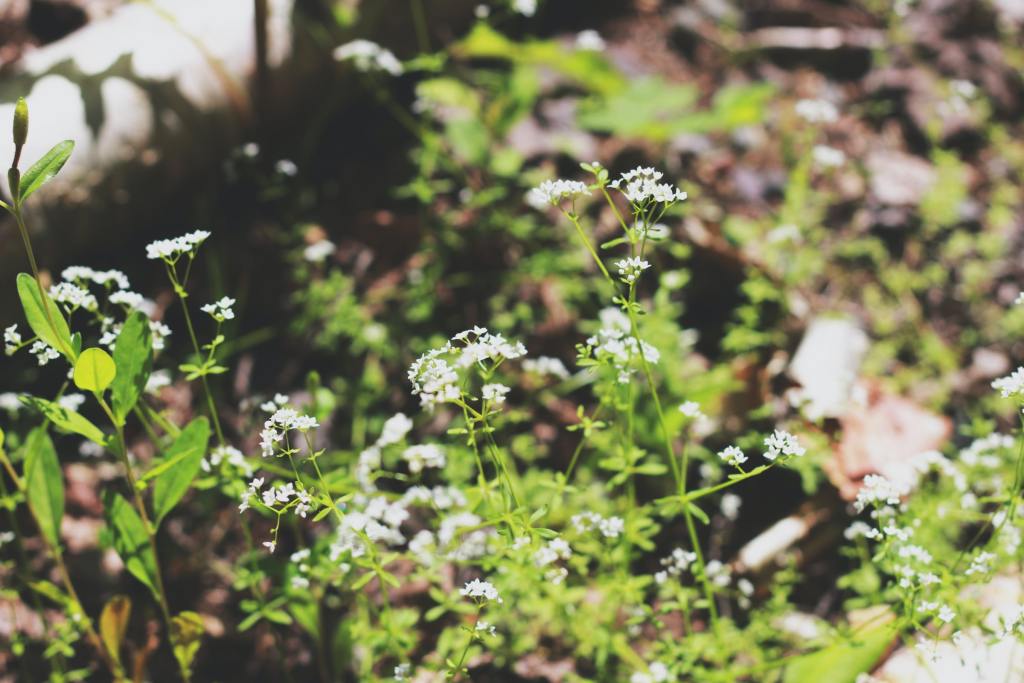Growers of all types are always looking for ways to increase productivity while reducing their costs. Growing crops specifically for your compost pile is one way to help you achieve both goals. Whether you’re an organic grower, a commercial grower, or someone who just wants to be more sustainable, many benefits come from growing and using the right plants in your compost piles.
For example, growing crops specifically to add to your compost pile can be an economical and environmentally friendly way to improve the soil quality of your garden or farm! In this article, we’ll discuss how to use the right plants in your compost pile and how they can save you both time and money.

Use perennial legumes to enrich your soil and compost
Perennial legumes like red clover and alfalfa are a great addition to your compost pile because they turn nitrogen into carbon and help the soil retain water. They grow as part of a symbiotic relationship with bacteria in their roots that convert atmospheric nitrogen, inert at ground level, into ammonium ions usable by plants.
Growing perennial legume crops for use in compost piles can be an economical and sustainable way to improve the quality of your garden or farm’s soil.
You can place these plants in rows or at the edges of your garden’s beds. You can trim the plant as it grows or shear it and put the clippings in the compost heap. You can use grass clippers or grass shears to cut the plant back. Then, take the clippings and compost them. Although a mower might work, it’s not a viable option if the plant is in your vegetable garden.
You can also grow biennial yellow clover in your garden if you have the space. The roots will fix nitrogen into the soil. You can toss the top growth in the compost pile to add more nitrogen, and you can harvest yellow clover at least twice in its biennial growth period. Try to remember to place it in an area that’s not directly in the sun.
Consider winter rye, too. Winter rye is an annual cover crop that adds nutrients to the soil and protects it from winter storms. In fact, you can use it as a cover crop for garden beds that are still in production after the harvesting season. It’s best to mow the lawn and then put the clippings in the compost pile in spring. Alternatively, you can till the soil before planting.
Herbs for cooking and composting
Borage and comfrey are two herbs that you might want to grow for composting. They accumulate zinc and phosphorous, grow quickly, and produce lots of organic matter for your compost heap. You can also use them both like any other herb. Plus, when they bloom, they will provide food for butterflies and bees.
These are all excellent choices for compost crops. Even if you don’t have much space, it is possible to tuck in some here and there. If you don’t have enough room, you can still make compost from herbal kitchen scraps, grass clips, and fallen leaves.
Also, consider using other plants for compost, such as marigolds and nasturtiums.
Brassicas for plenty of composting material
Brassicas are nutrient-dense and produce a large volume of high-quality compost. Growing them helps control pests in your garden, including aphids. What’s more, they’re easy to grow, even with limited space or time.
Brassicas include daikon radish and kale. Although you’d need to seed them more than traditional vegetable gardening, you can still harvest plenty of leaves and have stems and stalks for your compost pile. They also have strong roots, which will feed and aerate the soil. You can purchase seeds in bulk from seed vendors and farm supply shops.
You may also want to plant edible beans like red cowpeas and black-eyed poas to provide another crop for your table and compost pile. You can grow them like any other bean. Once they’re ready to harvest, cut the vines and place them in your compost pile.

Plants to grow for your compost pile
Many organic gardening methods, such as bio-horticulture or bio-intensive farming, encourage gardeners to grow plants for compost piles. We aren’t advocating that you use all of your garden space to make compost, but growing crops specifically for your compost pile is an excellent way to increase the efficiency and effectiveness of organic gardening practices
Remember that growing these plants will help improve the quality of your soil and give it a healthy boost to grow even more delicious vegetables, all while providing plenty of material for your compost pile!
Editors' Recommendations
- 3 incredible reasons why you should be using coffee grounds in your garden
- Gardening 101: 7 easy seeds to grow in cups for a tiny, adorable, and low-maintenance indoor garden
- Keep your yard happy all year with these 5 grasses that grow in the winter
- A guide to winter lawn fertilizer for keeping your turf healthy this season
- 4 November garden plants you should consider growing



